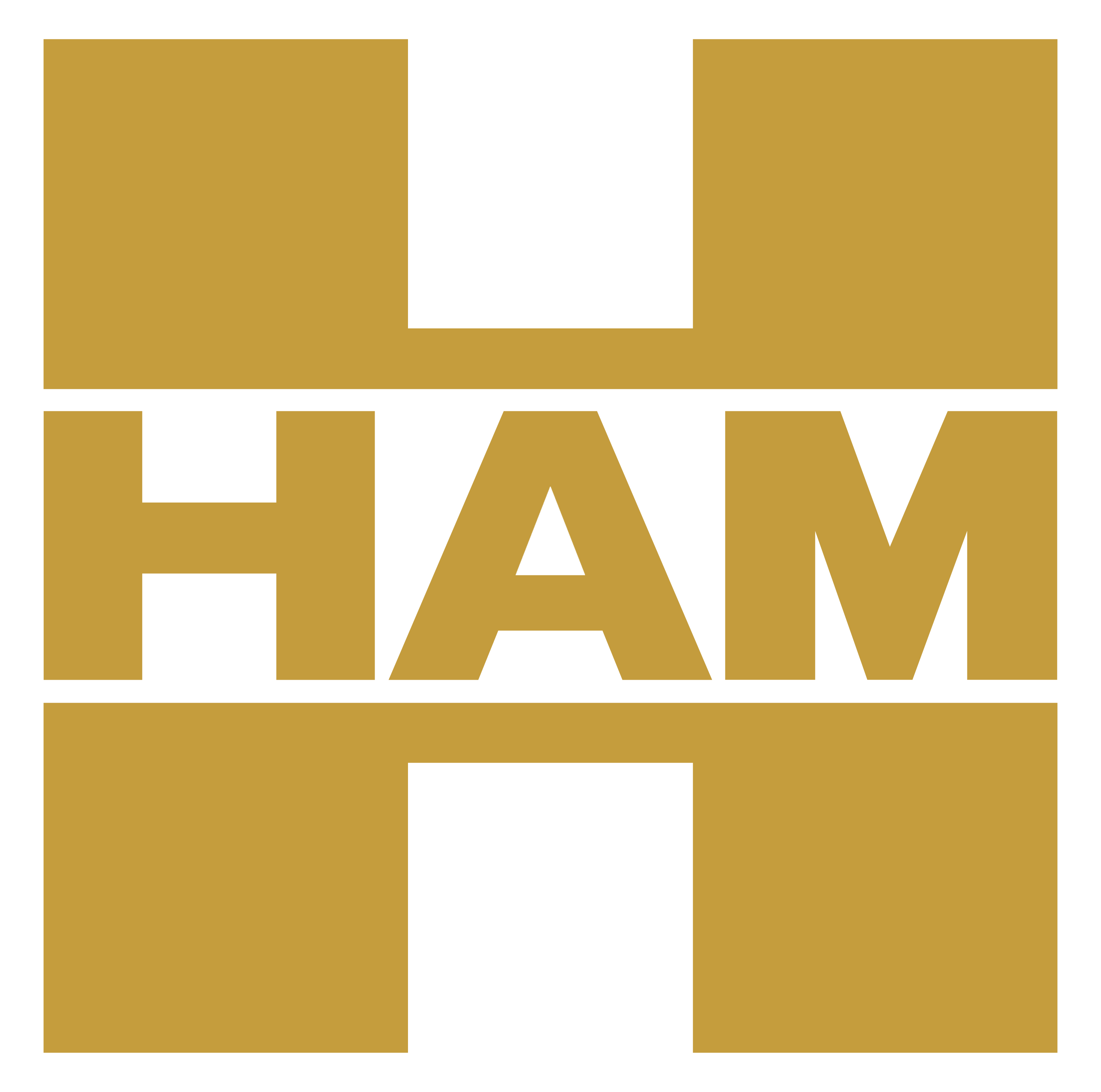HAM participates in the LNG Prototype Pack Project
NEO-CH4 Galicia, a HAM Group company, joins the project
NEO-CH4 Galicia, a HAM Group company, participates in the LNG Prototype Pack Project, forming part of the consortium created together with the companies Gabadi, Vicus dt and Inova Labs,, for the design and construction of a prototype, composed of a membrane tank of reduced volume to store LNG – liquefied natural gas – and the creation of a compact fuel management system FGHS (Fuel Gas Handling System), which allows validating the storage technology of these membrane tanks, for small-scale designs.
NEO-CH4 Galicia became involved in the project once the resolution and award was made public last October, hiring personnel with a high technical level and R&D focus, for exclusive dedication to this project. Work has begun by analyzing the State of the Art of the current market and investigating viable options for the design of FGHS. They are currently focused on the analysis of the alternatives and problems of LNG delivery with 2 bar membrane tanks. Design solutions are being sought in order to achieve a viable, innovative, robust and solid prototype.

Gabadi, project leader, coordinates the different companies involved in the LNG Prototype Pack project, as well as the two subcontracted companies, Reganosa and Energy lab. It will also carry out the task of constructing the tank and its containment system, as well as validating the tank-fuel management system assembly.
VICUS dt is responsible for carrying out the numerical calculations of the stresses in the tank produced by the impact of the LNG. In addition, it will coordinate with the classification society, so that both the calculations and the tank meet all the necessary requirements to be approved for installation on ships.
Inova Labs is responsible for evaluating the security in the operation of the proposed system, to establish the restrictions to be taken into account in normal operation and define a safe operation of the system. In addition, it will determine the economic viability of the system and the subsequent marketing strategy.
Membrane tanks are usually used by large LNG carriers to transport liquefied natural gas. The relevance of the project is that in the world there are no small-space membrane tanks that can be installed on ships that until now are operating with conventional fuel and allow their adaptation to the use of LNG or be installed on fuel transport ships and be able to integrate LNG as a new energy source. These new containers are more flexible in terms of shape, space required and are more robust and safer than the cylindrical LNG tanks currently used.
The project is subsidized by the Galician Innovation Agency – Gain, through the Conecta Pyme call to promote cooperation between SMEs and other agents of the regional innovation system. It is supported by the Department of Economy, Employment and Industry of the Xunta de Galicia and co-financed by the European Regional Development Fund, ERDF, of the European Union.
The project is scheduled to be completed in November 2017.
The constantly growing HAM Group also contributes its innovative essence to the maritime sector, in different projects in the LNG environment (bunkering, adaptation of barges, design and construction of container tanks, etc.), key to its development and expansion, participating in the adaptation of ships and their facilities, allowing the increasing use of liquefied natural gas, as an alternative fuel, much more respectful of the environment due to the lower impact on the effect.
